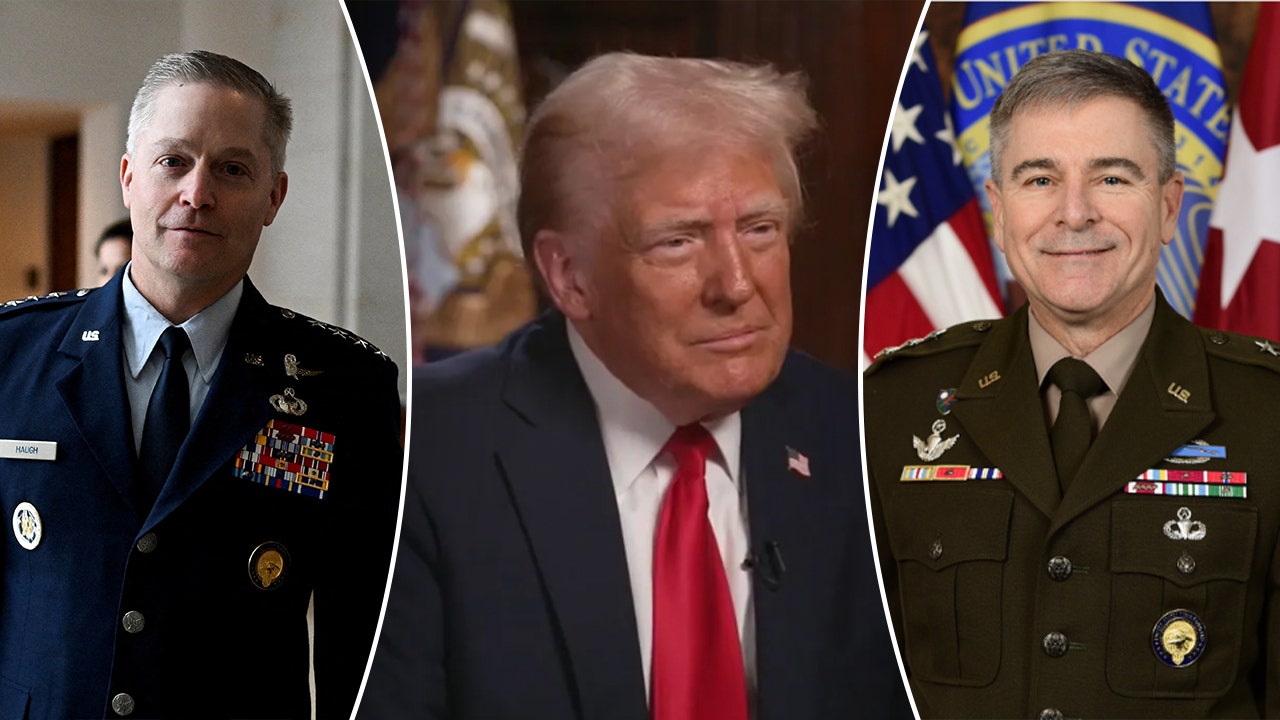Lt. Gen. William Hartman named acting director at National Security Agency

President Donald Trump has made a significant move by firing the head of the National Security Agency (NSA) in response to pressure from conservative allies who believe that officials are not fully supportive of the president’s “America First” agenda. Lt. Gen. Timothy Haugh and civilian Deputy Wendy Noble have been removed from their positions as director and deputy director of the NSA. In their place, Lt. Gen. William Hartman, who also leads U.S. Cyber Command, will serve as acting director, while Sheila Thomas will take over as deputy director.
Hartman brings a wealth of experience to his new role, having previously commanded the Cyber National Mission Force and served in various intelligence, cyberspace operations, and infantry positions during deployments around the world. Thomas, on the other hand, has a strong background in cryptologic partnerships and engagement and policy at the NSA.
The decision to remove Haugh and Noble comes amidst a growing backlash against members of Trump’s national security team from some right-wing figures. Laura Loomer, a far-right provocateur, recently met with Trump to share her research on officials she believes should be ousted. Loomer highlighted the fact that both Haugh and Noble were appointed by President Biden, suggesting that they were not the right fit for the Trump administration.
Trump’s decision to fire Haugh and Noble was also influenced by recent firings within the National Security Council (NSC). Some NSC staffers were let go on Thursday, adding to the challenges facing national security adviser Mike Waltz following a mishap in a Signal chat involving The Atlantic’s editor-in-chief Jeffrey Goldberg.
In a statement to the press, Trump emphasized the importance of having the right people in key national security positions. He confirmed that the firings were based on the individuals’ ability to perform their duties and their loyalty to the administration. The shake-up at the NSA follows the recent dismissal of C.Q. Brown, former chairman of the Joint Chiefs, and Adm. Lisa Franchetti, former chief of naval operations.
Despite the changes at the NSA and NSC, the White House has reassured that Mike Waltz’s position as national security adviser is secure. Press secretary Karoline Leavitt stated that Waltz remains an integral part of the president’s national security team and that the issue surrounding the Signal chat incident has been resolved.
In conclusion, the restructuring at the NSA and NSC reflects Trump’s commitment to ensuring that key national security positions are held by individuals who align with his administration’s priorities. The new appointments of Lt. Gen. Hartman and Sheila Thomas signal a fresh direction for the agency as it navigates the complex challenges of cybersecurity and global intelligence operations.




